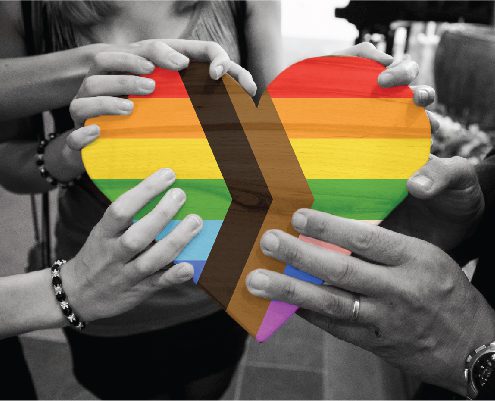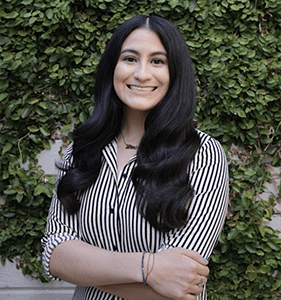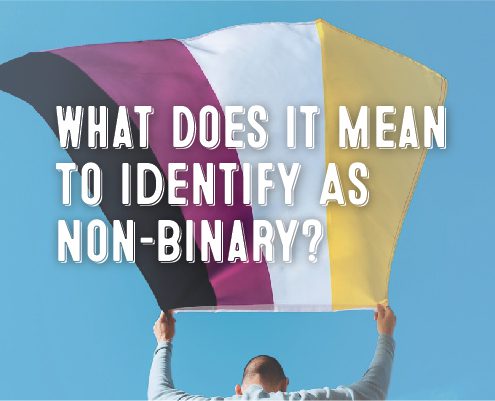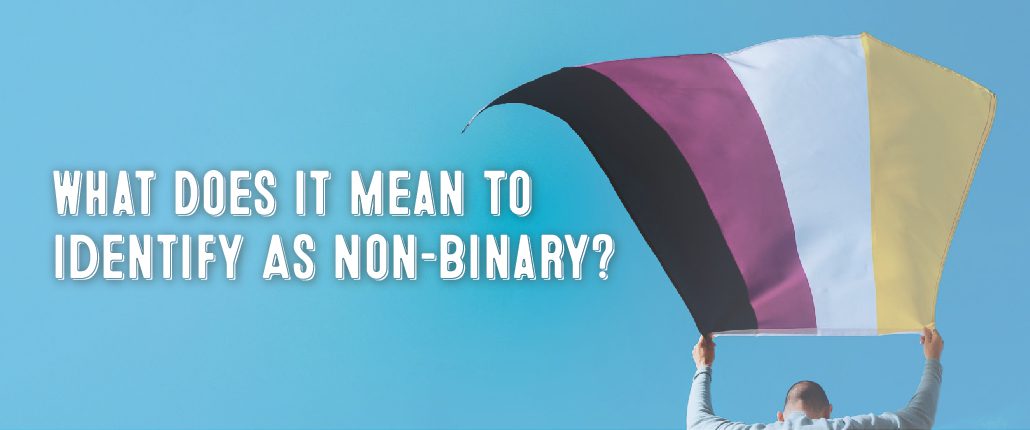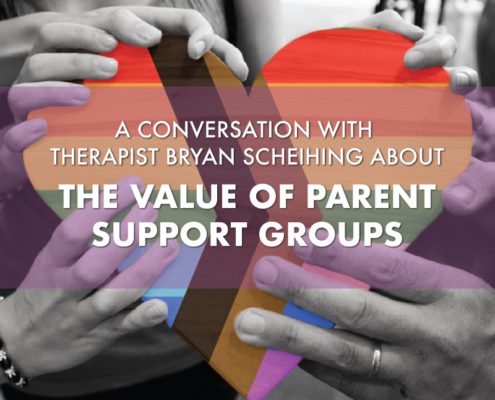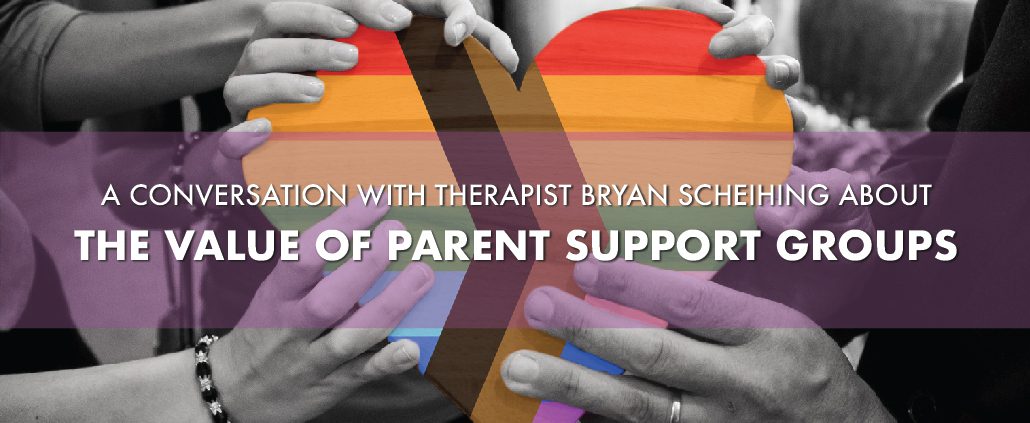A Conversation With Dr. Valle of Parent Support Groups
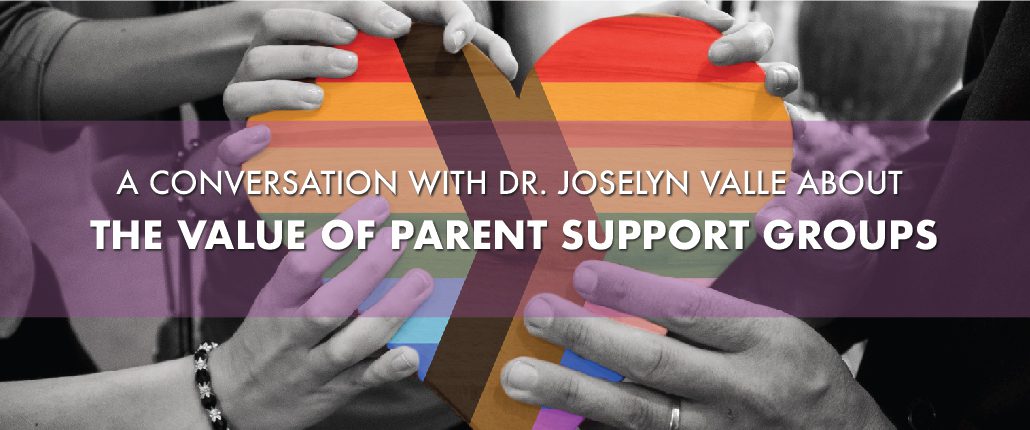
A Conversation With Kaleidoscope Therapist Dr. Joselyn Valle
Growing up is rarely a smooth and easy journey. This is especially true when you are figuring out who you are, and trying to affirm and assert your sexual orientation and/or gender identity. Parents of LGBTQIA+ children and teens may find their child’s maturation a challenging time. But family support and acceptance is vital to the physical and emotional health of young people who identify as LGBTQIA+.
Joining a parent support group is a wonderful resource for parents of LGBTQIA+ children as it can be comforting to talk with fellow parents who are on the same journey. Kaleidoscope offers a free ongoing, monthly support group for parents and caregivers of LGBTQIA+ young people for both English and Spanish speakers.
I am the proud mom of a gay son and a member of Kaleidoscope’s parent group. I find our meetings to be uplifting and inspiring. Recently I had a conversation with our group leader, Kaleidoscope Therapist Dr. Joselyn Valle, and we talked about the importance of group support:
Can you explain what a parent support group is all about?
A parent support group is a safe space where parents and caregivers alike come together to connect, relate, and support one another. Participants are often able to share their stories of parenthood, exchange community resources, and build relationships with others who hold similar experiences.
Kaleidoscope’s parent groups are for parents of neurotypical and neurodivergent LGBTQIA+ kids and teens. Do you find that there is commonality for both groups in the parenting experience?
Parenthood is unique to each caregiver and although there may be differences between supporting a neurotypical and neurodivergent LGBTQIA+ child, Kaleidoscope is intentional in their mission to create spaces where parents are able to engage with their communities. Kaleidoscope offers a six-week, parent education group that focuses on the intersection between Autism and LGBTQIA+ identities. Additionally, monthly support groups are offered for all caregivers of LGBTQIA+ youth, because love is the core commonality for both groups in the parenting experience.
What would you say to a parent that would like to attend our parent support group but feels a bit nervous about it. What can they expect?
It’s natural and normal to feel nervous about trying something new. Parent support groups are approximately 60 minutes in length and are guided by a Kaleidoscope team member that helps facilitate group conversations. New participants can expect to enter a judgment-free zone where they can truly explore their journey in parenthood. Whether it’s by sharing their own story or listening to others, participants often report feeling less alone and/or feeling more empowered after engaging in our parent support groups.
Some parents of LGBTQIA+ kids may feel confused and anxious about their child’s coming out. Is a parent support group a safe space for parents who love their kids but are struggling with acceptance?
Yes, a parent support group is for all parents who love their LGBTQIA+ child, and especially for those who may be having a more difficult time embracing their child. Parents are often at different points in their journey and connecting with others who may have experienced similar challenges in the past can serve as a source of validation, wisdom, and inspiration.
Sometimes parents are worried about using the correct terminology when speaking about their LGBTQIA+ kids or about LGBTQIA+ issues in general. Do you think a parent support group can help address these concerns?
We are all human, and mistakes (aka opportunities for growth) will happen. Kaleidoscope provides a safe environment with unconditional positive regard to encourage group participants in their understanding of LGBTQIA+ issues and their ability to engage more inclusively with the community. Remember, we’re in this together!
We hope you will join Dr. Joselyn Valle at our Parent Support groups. Our Support group for English speaking parents is held on the 2nd Thursday of each month, from 6-7pm on Zoom. Our Support Group for Spanish speaking parents is held on the 4th Thursday of each month, from 6-7pm on Zoom. To sign up to attend, please email
Dr. Joselyn Valle at [email protected]
